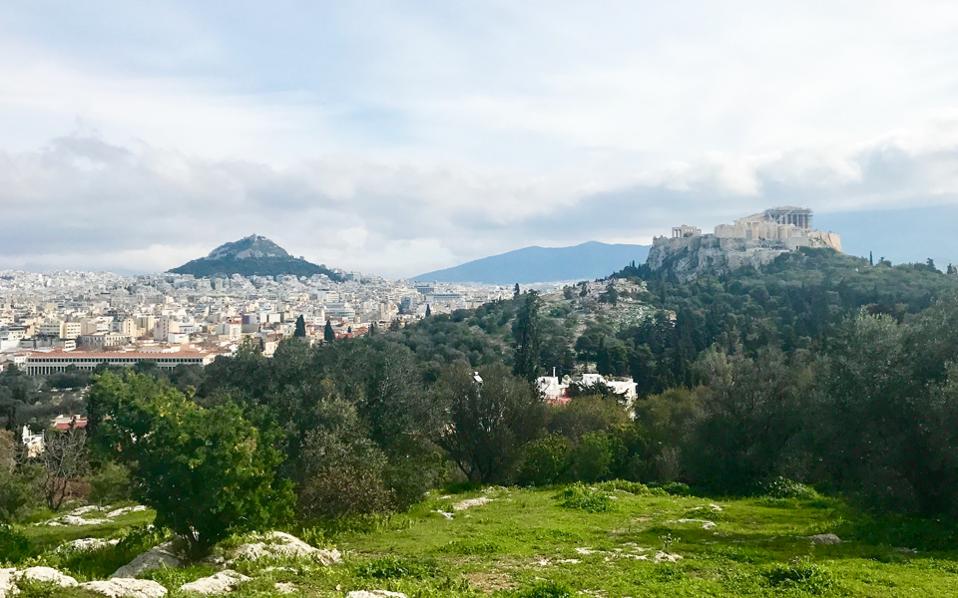Athens, 185 years later

Is Athens a successful city? Given everything such a simplistic definition entails, I would say that, yes, it is. I also believe that most Athenians would vote it as their top favorite if they were asked to, despite all its ills. The issue of Athens has been at the fore recently as a result of the 185th anniversary of being proclaimed capital of the small kingdom of Greece, at the tip of southeastern Europe, with nothing but the Ottoman Empire to its north.
Athens has experienced cataclysmic changes from September 1834 to the present. It was born as an urban experiment imbued by the qualities of romantic idealism, supported by middle-class and wealthy diaspora Greeks and nurtured in the spirit of philhellenism espoused by King Otto and Queen Amalia. These facts may be supposed to be common knowledge, if only as the titles of different chapters in the city’s history, yet that is not at all the case.
The reason why is not just an objective lack of knowledge and a general disregard for the history of the nation (it is also impossible to understand the birth of modern Athens without knowledge of European history). It is also because of the fact that the voices of ignorance and negativity tend to drown out those of reason and reflection.
Athens should reflect the evolution of the Greek nation and, despite the many problems that have been piled upon it (by the Greeks themselves), it also ought to be an ark of the nation’s history. The upcoming 2021 bicentennial of the Greek War of Independence (and also, perhaps, the 2034 bicentennial of the capital’s anniversary) could serve as a milestone for Athens to rally its creative forces and develop a new sense of confidence.
This is a two-pronged process that emerges from the progress of society on the one hand and deliberate planning on the other. It is useful to take a page from the book of the 19th century statesman Harilaos Trikoupis, a die-hard optimist who took Athens out of the doldrums and raised it to great heights.
Athens has experienced three important population shifts that defined its course: the population exchange with Turkey in 1922-23, the internal migration from villages into cities that took place between 1950 and 1980, and the inflow of foreign migrants and refugees that began in 1990 and continues to this day. Moreover, similarly to the interwar period of reconstruction in 1923-49, the first phase of post-World War II reconstruction in 1953-74 bolstered the city in a way that may be considered controversial, but was certainly very dynamic.
These are developments that need to be studied, that need to become the source of pertinent questions, and that need to respond to the voices of negativity, because at the end of the day, Athens will always continue to evolve.




